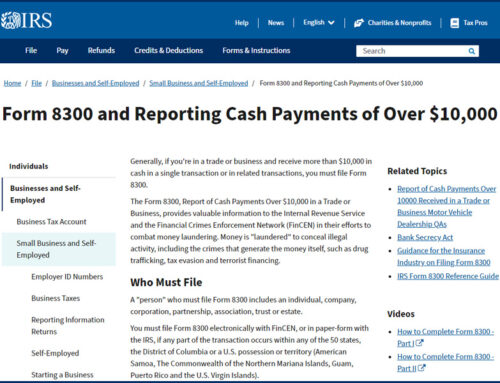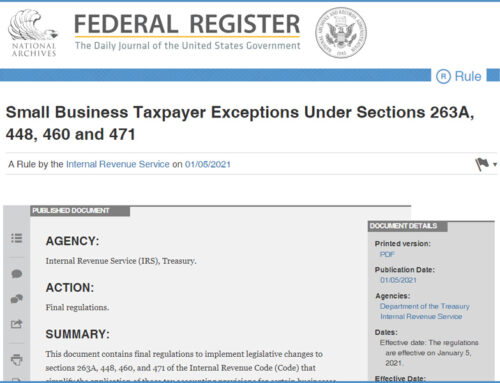As posted May 21, 2024 on The Woodard Report
This topic has surfaced just this month. Wow, how long has it been out there?
In the United States, the Controlled Substance Act (CSA) designated cannabis as a Schedule I drug in 1970, during the Nixon era. Now, more than fifty years later, over half the states have made cannabis legal at the state level, and approximately three-quarters of the U.S. population have positive feelings about cannabis. The powers that be in Washington are getting around to legalizing cannabis at the federal level in some form now, in 2024.
The front-page news is that the Drug Enforcement Agency (DEA) is now considering moving cannabis from a Schedule I to a Schedule III drug. That was on May 1st. On May 2nd, the leadership of the U.S. Senate held a news conference with a proposed Senate Bill to address cannabis. So, two competing alternatives are now “on the table.”
Either would be a huge step forward, but each has its own details for consideration. Let’s take a look at each of them.
The DEA Program
The DEA controls the scheduling of drugs. If cannabis is to be rescheduled to Schedule III, it still remains a scheduled drug and will require compliance with DEA standards. For comparison, other drugs currently listed as Schedule III include Ketamine, Tylenol with Codeine, and some cough syrups.
An interesting issue about the legalization of cannabis through the DEA program is that the industry would be bifurcated. Medical cannabis would be Schedule III with its various limitations. Adult use, also called recreational cannabis, would still be illegal as the DEA program does not address it. This is the kind of confusion that keeps the cannabis issue from being straightforward and easier to implement.
Currently, many states are medical cannabis only. With the approval of the DEA program, the only change is that the cannabis businesses would be legal at the federal level in addition to the state. Adult use will continue under each state’s regulation as a Tenth Amendment issue.
For cannabis businesses in states that are legal for both medical and adult use, there will be a big challenge in setting up, operating, and reporting taxes in two halves of the cannabis business. It is not impossible, but the only time that distinction is determined is at the final point of sale to the consumer.
California illustrates the complexities. First, if the county or municipality is “dry,” meaning that no cannabis sales are legal, then no legal cannabis sales can occur. For example, about half of the counties in California are “dry.” States that are currently “dry” include Idaho and Wyoming.
If the county in California is not “dry,” then generally, the state and local governments will issue a retail shop one of two retail licenses: one for medical cannabis sales and one for adult-use sales. When the product is purchased at the cannabis shop, the point-of-sale system (POS) will already register the customer as a medical or adult user, and the sale will be recorded on the POS accordingly.
Each state has a mandated supply chain reporting system that all legal cannabis businesses must report to. In California, METRC is the system used. Other states use different systems. There is no standardization among suppliers or states.
When a federal law is implemented, based on the DEA program, the federal government will have to develop a compliance and reporting program. This program will have to report on the two sides of the cannabis program. That whole reporting mechanism will have to be developed: reporting, monitoring, taxing, and auditing.
Just imagine what it will be like having to implement the Form 941/940 reporting system for cannabis, but with a twist: Cannabis under the DEA program would have taxable and non-taxable components. One odd issue is the impact of the passage of the DEA program for “dry” states like Wyoming or Idaho; if medical cannabis is now Schedule III, what happens to patient’s rights and safe access? Future development will be needed to address this and similar issues if the DEA finalizes the rule-making program.
The Senate Bill
On May 2nd, 2024, Senators Schumer, Booker, and Wyden held a news conference to introduce the proposed Senate Bill, the Cannabis Administration and Opportunity Act. The Senate Bill is much bolder and proposes to deschedule cannabis entirely. To do so would require a new regulatory system and a new tax regime.
The Senate Bill includes a proposed excise tax that will significantly burden the industry. In the past few years, a value-added tax (“VAT”) similar to a tax program used in Europe was discussed at a rate of seven percent. Although this seemed high, it could at least be contemplated.
The Senate Bill adds a very steep tax to the existing state and local taxes. The proposed excise tax starts at ten percent and increases to twenty-five percent by the fifth year. If a business has less than twenty million dollars in sales, the rate will be half the standard rate.
Banking is on the table but not discussed with any hard-driving determination. Currently, several hundred banks and about a third of credit unions will bank cannabis, so it is not quite so urgent. Debit cards and credit cards are still not clean and clear. So, the passage of the Senate Bill may be very helpful for the non-cash cannabis business.
Speed to the Finish Line
The DEA program has a few hurdles to overcome, specifically comment/review periods and any potential lawsuits. These hurdles are not generally quickly resolved, so implementation through the DEA program could be years away.
The Senate Bill may encounter opposition from the Republican House. If so, it may not be passed by the November elections. If it misses that deadline, it may be some time into the middle of 2025 before its passage and then another several months to a couple of years for implementation.
Either way, this process will be several months, if not a couple of years away.
280E—Non-deductibility of Business Expenses
What is 280E? It is an Internal Revenue Code (“IRC”) section that says that Schedule I and II drug manufacturers and distribution businesses cannot deduct business expenses for tax purposes. If cannabis officially becomes a Schedule III drug or not a scheduled drug at all with the Senate Bill, then 280E does not apply.
Examples of Expenses that May Be Classified as Deductible if 280E does not apply to Federal Cannabis Income Tax Returns
There are no hard and fast rules. Here is a list of expenses which may become deductible if 280E does not apply to cannabis:
- Officer wages if just performing administrative duties
- Sales and marketing expenses
- Accelerated depreciation methods for all assets
- Depreciation and amortization for all assets
- Rent, insurance, and utilities
- Research and development expenses
- Sales and administration wages and benefits
Both the DEA and Senate programs address this. Under the DEA program, if approved, 280E will not apply to Medical Cannabis but will still apply to adult use. Under the Senate Bill, 280E will not apply at all. Very good news when it happens.
Wrap-up
To have cannabis legalized federally is a big event for the nation. Either approach, descheduling or rescheduling, will result in cannabis businesses receiving substantial tax benefits and help build a stronger industry.
Visit Bruce’s posts related to Rescheduling Cannabis at the Federal Level HERE.
Please reach out to us to discuss your specific situation. Bruce@CannabisCPA.Tax.


